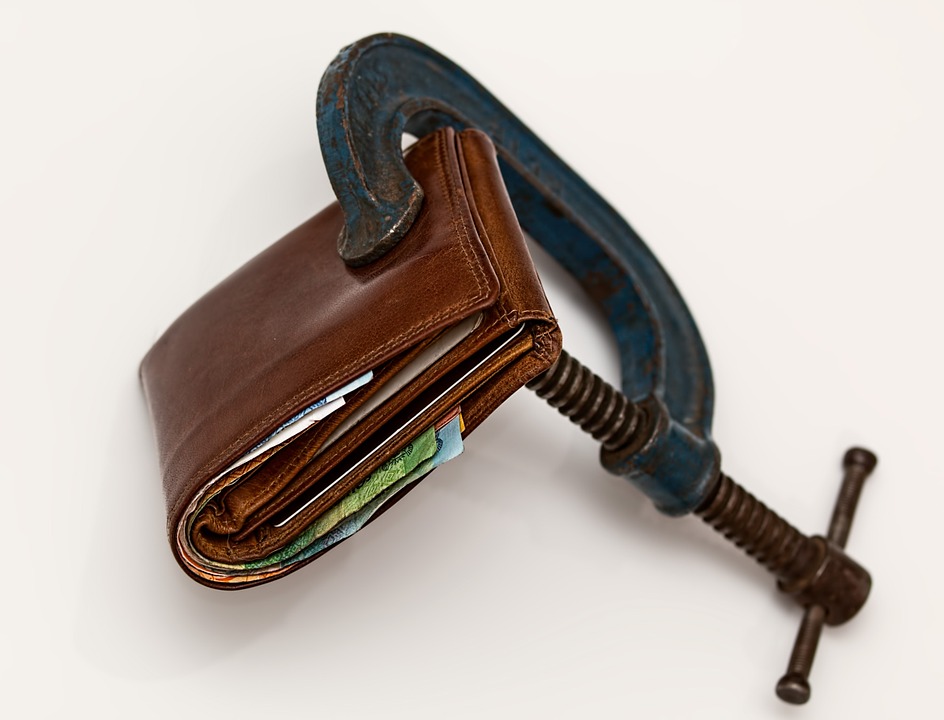As a landlord, you will need different kinds of insurance to protect your property investment against potential accidents, damages or unforeseen calamities. Many landlords just have simple buildings cover, but rent guarantee insurance is one thing that you cannot pass up, as it safeguards one of the most unpredictable aspects of renting properties: the reliability of tenants. This guide will explain what rent guarantee insurance is and why you need it, as well as guide you through the process of how to obtain and use the insurance if necessary.
What is Rent Guarantee Insurance?
This insurance ensures that you are protected financially in the event that a tenant fails to pay their rent. When the tenant arrears on the rent, the insurance will reimburse the cost of the rent, although depending on the insurance policy it might not pay out if the rent goes into arrears. This insurance is not covered in most landlord insurance policy packages, so you need to get rent guarantee insurance on top of that. The insurance is reasonably cheap, going for as little as £90 for a twelve-month policy.
Why It is Important for Landlords
In hard economic times, more and more tenants are finding it difficult to meet their rental commitments. In the private rented sector, more people are being evicted as a result of being unable to pay their rent. But merely evicting a problem tenant will not reimburse you the money you are owed for renting out your property. After all, the time using the property that hasn’t paid for could have been time spent finding and letting out to a tenant who could have paid the rent. While a landlord can go some way towards discerning reliable from unreliable tenants on the basis of tenant referencing and credit reviews, you still can’t foresee the unforeseeable. Personal tragedies may render a tenant unable to pay.
A tenant may be in a difficult situation economically, but they could also simply prefer to use their money in ways other than paying the rent. They might think, if you’ve allowed them to pay the rent late on previous occasions, that you are a soft touch and that they can get away with it. But this sets a precedent for them exploiting your generosity. The tenant-landlord relationship can be tricky to navigate, because nobody wants to kick someone out on the streets if they can avoid it. But this can lead landlords to be overly cautious when dealing with problem tenants. If you are in the undesirable circumstance of having to take a tenant to court for the rent, having rent guarantee insurance gives you more financial security and will probably make the process quick and painless for everybody.
Many rent guarantee insurance packages cover legal costs for this very circumstance. Legal costs can be punishing, the rent owed might be substantial but still not enough to justify the cost of a lawyer. Another common part of the package is eviction costs. These costs can include court costs if the case goes to court, as well as the cost of looking for a new tenant, and the cost of removals if you agree to cover those for the sake of expediency, to free up the house for a new tenant.
But is it worth it to get rent guarantee insurance? In the circumstances where a tenant is unable to pay for rent, it is unlikely you’ll be able to get that money back unless you take them to court. This is why the insurance matters because it is more likely to pay out as more tenants face financial instability and are unable to pay their rent.
How to Get Rent Guarantee Insurance
So how do you go about getting rent guarantee insurance? And how do you ensure that you get a good deal? The first step is to research the different rent insurance policies available. Some more general landlord insurance policies might cover rent guarantee, so make sure that it is not already included in your existing insurance package or a package that you are thinking about investing in.
Also, look closely at the caveats, as well as the circumstances in which the insurance pays out. Is there an upper limit of how much the insurance will pay out? Does this cover legal and eviction costs? This will determine how you budget for court cases or maintenance on the property. Also, how long after the tenant has stopped paying rent will the insurance start to pay out, as it may take a time to authenticate and process the insurance claim? Will the property be usable during this period, and if not do you have other sources of income?
Many rent insurance policies include restrictions on tenant types, e.g. students or people not legally in the UK. This will mean that the insurance company will have to perform a background check on the tenant, which may result in it taking more time.
Once you’ve decided on the insurance package that is right for you, you should seek legal and financial advice before investing in the insurance. If you can, talk to people who have had this kind of insurance to see if it was useful to them and could be helpful to you as well.
Investing in this insurance policy will relieve you of the worry that a tenant could run off with your money. This means you can concentrate on the main stuff, such as maintaining the quality of your property, as well as staying on good terms with your tenants.




